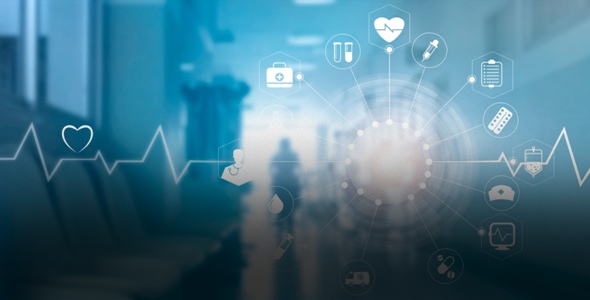
@ShahidNShah


A WHO report highlights the potential and challenges of AI in mental health treatment. In a World Health Organization report, artificial intelligence was named as a technology that, through planning and automation, can enhance mental healthcare. It also brought to light several issues with using technology in mental healthcare. According to a news release from the WHO on February 6, the report, "Regional digital health action plan for the WHO European Region 2023-2030," indicated that AI tools might be used to automate huge data and result in advancements in mental health research. In order to understand trends, gaps, opportunities, and problems, it is necessary to evaluate the current status of the application of AI for mental health research. This is because AI is being used in healthcare more and more. David Novillo-Ortiz, PhD, a co-author of the WHO/Europe regional data and digital health advisory. Artificial Intelligence (AI) has the potential to significantly improve mental health in a number of ways:
It's important to note that while AI has the potential to greatly improve mental health, it should never be considered a replacement for human-led care and therapy. Rather, it should be used as a complementary tool to support and enhance the work of mental health professionals.
Continue reading at beckershospitalreview.com
The Telehealth Benefit Expansion for Workers Act would permit employers to provide stand-alone telehealth benefits to employees, much like dentistry and vision insurance. A bipartisan bill to increase …
Posted Feb 13, 2023 Legislation Telehealth
Connecting innovation decision makers to authoritative information, institutions, people and insights.
Medigy accurately delivers healthcare and technology information, news and insight from around the world.
Medigy surfaces the world's best crowdsourced health tech offerings with social interactions and peer reviews.
© 2025 Netspective Foundation, Inc. All Rights Reserved.
Built on Apr 17, 2025 at 6:07am